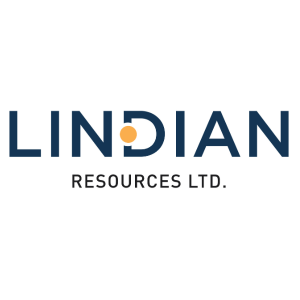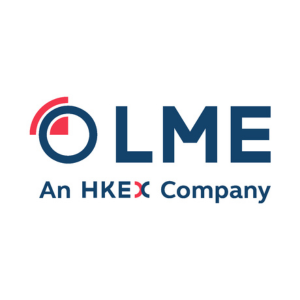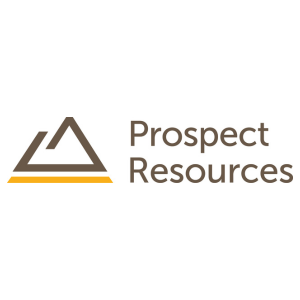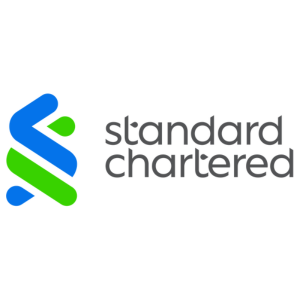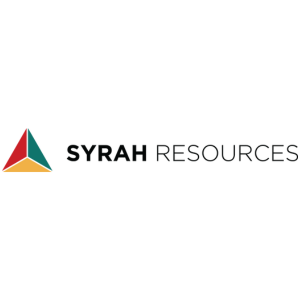2025 Agenda
The below agenda is for Mining Indaba 2025.
There are no sessions that match your request
Held under the theme ‘Building a unified African mining value chain: Enhancing best practice’, the Ministerial Symposium continues to gather African government leaders, industry stakeholders, and key figures in the mining sector to tackle critical challenges and foster collaboration; this year focusing on best practice across the mining value chain, including permit issuance, resource stewardship, and downstream value addition.
Featuring expanded UN-style breakout sessions accommodating larger groups, discussions will yield actionable commitments aimed at improving permitting efficiency, maximizing local community resource benefits, and promoting domestic mineral processing for economic resilience. The setting not only fosters diverse input but encourages a thorough analysis of the challenges to future-proof Africa's mining sector, ensuring the continent fully reaps the economic benefits of its rich mineral resources.
Strictly by invitation only, the Ministerial Symposium will ensure that critical discussions can be conducted effectively, enabling ministers to engage more deeply on urgent matters and fostering meaningful partnerships that can propel sustainable development throughout Africa’s mining industry. This transformation underscores Mining Indaba’s commitment to promoting open dialogue on Africa's mineral wealth and its vital role in shaping the future of global supply chains.
- Examining technology trends across various industries to identify potential areas for migration
- Exploring complementary technologies that can benefit from cross-industry application
- Is resistance to change and adoption of new technologies within organizations slowing technological progress?
Moderator
Speakers
Live demonstrations of cutting-edge technologies which are leading global innovation.
- What are the processes and challenges in commercialising mining-related research
- How does commercialisation contribute to sustainability and competitiveness in mining?
- What role do universities and research institutions play in mining research commercialisation, and who is at fault for poor commercialisation?
Moderator
Gobona Lizzie Tau
Specialist: Minerals and Energy Research, Development and Innovation
Speakers
Keynote by a leading expert in the field – presenting their annual commodity outlook report exclusively at Mining Indaba. Explore short-term and long-term forecasts for commodity markets, considering the potential impacts of geopolitical developments, environmental policies, and technological advancements.
Global investors and consultants will unpack their commodities outlook views - with broad predictions for the metals and mining sectors for 2025.
Speakers
Live demonstrations of cutting-edge technologies which are leading global innovation.
Speaker
• How are data and AI revolutionising the mining industry across the value chain?
• What is the potential return on investment from data-driven initiatives, from improved operational efficiency to predictive maintenance, expediating mineral discovery, and improving drilling confidence?
• What are the hurdles in implementing data standards in the mining industry?
Moderator
Speakers
Africa's strategic edge: Critical minerals for a global clean energy future
Working Group Sessions:
- Strategic importance of critical minerals: With its rich reserves of critical minerals, like cobalt and lithium, how can the continent leverage these for sustainable growth?
- Global demand and Africa's opportunity: Africa's resources and energy mix could lead in the clean energy transition. What strategies can ensure Africa maximizes this advantage?
- Overcoming challenges to maximise benefits: Extraction challenges remain, from infrastructure to ESG concerns. How can Africa build investor trust while managing ESG risks?
- Policy initiatives to support mineral maximisation: What role do public-private partnerships play in supporting sustainable development?
- Actionable strategies and a future roadmap: Stakeholders are shaping plans to strengthen Africa's supply chain role. Which collaborations will drive long-term, sustainable growth?
Moderator
Hear from one of Africa’s pioneering leaders of change as they share their vision, and actions, for future-proofing Africa’s mining sector
Moderator
Speaker
Participate in an open dialogue discussion with industry peers about current trends, challenges, and opportunities. Expect to gain valuable insights into market forecasts, risk management strategies, and the impact of global economic factors on commodity prices.
Moderator
Hear from one of Africa’s pioneering leaders of change as they share their vision, and actions, for future-proofing Africa’s mining sector
Speaker
- Country, company and community perspectives on distribution of benefits and harms across the continent and within nations and communities
- The role of international involvement (and interference) in elevating certain countries over others (e.g. exploration, trade and investment privileging)
- What does a just transition offer for delivering energy security to Africa?
Moderator
Speakers
- As global powers work to define and execute their own critical minerals strategies, how is Africa being positioned in these conversations?
- How critical are critical minerals to Africa’s own energy security? Is the global energy transition leaving Africa behind?
- Competition and collaboration – how can greater strategic diplomacy ensure partnerships yield long-term benefits for the continent without perpetuating dependency?
Moderator
Speakers
Hear from one of Africa’s pioneering leaders of change as they share their vision, and actions, for future-proofing Africa’s mining sector
Speaker
This summary panel will delve into the findings of each roundtable, with each leader building upon the preceding discussions and briefing the audience on the key takeaways.
Hear from one of Africa’s pioneering leaders of change as they share their vision, and actions, for future-proofing Africa’s mining sector
Speaker
- What are the key benefits of using data and AI for workforce optimization in today’s business environment?
- The importance of data literacy and analytics skills in optimizing workforce management, improving safety, and enhancing productivity.
- How can data-driven and AI-powered tools and technologies transform the mining industry?
Moderator
Speakers
-
Africa as the energy partner of choice rather than necessity – how can an egalitarian approach help galvanize increased collaboration throughout the supply chain?
-
What financing instruments can foreign partners provide to supply greater sums of concessional financing and to de-risk private sector investments?
-
What else needs to be done to ensure the continent becomes the global mineral leader, and future-proof its industry?
-
As foreign actors seek alternatives to minimize overreliance, does the continent risk losing its moment?
Moderator
Speakers
Rishon Chimboza
Special Advisor - African Investment & Global Engagement
Tony Blair Institute for Global Change
The Global Investor Commission on Mining 2030 is a collaborative investor-led initiative seeking to define a vision for a socially and environmentally responsible mining sector overall by 2030, and to develop a consensus about the role of finance in realising this vision. The Commission is consulting with stakeholders on one of its seven workstreams: ‘Inclusion of local voices and sustained and equitable benefits locally and nationally’.
It seeks input from stakeholders on practices for fair and transparent inclusion of local voices in decision-making, the key gaps and barriers to application of good practice and the role of investors in promoting the application of good practice. These inputs will be used to inform the Commission’s work in developing a set of strategic actions for investors to promote good practice throughout the mining lifecycle.
Hear from one of Africa’s pioneering leaders of change as they share their vision, and actions, for future-proofing Africa’s mining sector
Moderator
Speaker
Hear from one of Africa’s pioneering leaders of change as they share their vision, and actions, for future-proofing Africa’s mining sector
Moderator
Speaker
- How is climate instability affecting African mining and African mining communities?
- What solutions are miners, governments, local leaders adopting to support climate change adaptation in mining communities?
- How can a pursuit of co-benefits in miners’ community development and national policy efforts build greater resilience to a changing climate? (case studies)
- What is the role of insurance?
Moderator
Speakers
- With greater restrictions being placed on exports of raw minerals across the continent, how has the current approach to local value addition failed?
- Why are producers increasingly leveraging their minerals towards securing greater local content and participation in domestic mining activities from foreign players?
- Looking at the long-standing regional development protocols, how can partners support sustainable investments into local mining sectors whilst also promoting transparent & equitable policy?
Moderator
Speakers
Hear from one of Africa’s pioneering leaders of change as they share their vision, and actions, for future-proofing Africa’s mining sector
Speakers
- What are the inherent risks associated with mining operations that make achieving Zero Harm particularly challenging?
- How can technology support with achieving zero harm goals?
- How can artificial intelligence (AI) and machine learning (ML) technologies be leveraged to optimize Health and safety?
- How can workers be empowered to take ownership of their safety and report hazards without fear of reprisal?
Speakers
Hear from one of Africa’s pioneering leaders of change as they share their vision, and actions, for future-proofing Africa’s mining sector
Speaker
- The government factor: A landscape that offers investment-friendly options for increased infrastructure development spend, improved permitting processes and downstream value-addition is the dream. Can it be turned Into reality?
- The investment factor: Future demand for metals has never looked brighter, but are investors willing to provide the required capital at every stage of the mining life cycle?
- The community factor: Mining means job creation and economic opportunities, but is that enough to win the support of local communities for new projects?
- The talent factor: Artificial intelligence holds the future to technology adoption in mining - is tomorrow's mining generation prepared at a tertiary education level for this, and what does their integration with the existing workforce look like?
- The market factor: Are downstream buyers ready to play their part, including buying critical minerals from “risky” jurisdictions?”
Moderator
Speakers
- Whilst the continent remains under-explored, are African nations well equipped to ramp up their exploration activities to meet global minerals demand?
- What supportive policies, incentives and partnerships are there available to engage with the public sector?
- Developing domestic capability - what can be done to drive further investment into African exploration projects?
- How can governments utilise this increased drive for mineral exploration to promote further development of industry & local communities?
Moderator
Speakers
• Are communities people being consulted enough with health and safety risks
• What are the risks that mining creates to communities?
• In what ways can technology enhance transparency and accountability in mining, fostering trust and collaboration with affected communities?
• What ethical considerations must be addressed when deploying surveillance technologies in mining communities to monitor safety risks?
Moderator
Speakers
• Which African nations already mine their seabeds?
• What does deep sea mining have to offer African nations and enterprises?
• Why should Africa support or resist deep sea mining? (Fisheries, chemistry, justice)
• How can benefits and harms be fairly distributed?
Moderator
Mining Indaba presents a new type of session that will equip attendees with critical insights into Africa's dynamic mineral sector, offering practical guidance on identifying lucrative opportunities, understanding local regulatory frameworks, and managing investment risks.
Speaker
Moderator
- What worked, what didn’t and want needs to change to ensure the artisanal and small-scale mining sector formalizes and professionalizes across the continent
- How to pivot from pilot projects and short-lived interventions to sector wide change
- Zooming in on the Ivorian gold sector and the Congolese cobalt sector, the panel will discuss what impact at scale could look like, if the right investments are made into the sector.
Moderator
Speaker
- What are the key features of the Brazilian PPP infrastructure model and what factors led to this model being developed in the country?
- What led to this model being successfully adopted by the mining sector for its infrastructure needs?
- How is the reform of infrastructure projects in Africa benefiting the mining sector in countries like South Africa and Angola?
- How can countries in Africa adopt elements of the Brazilian PPP model to support the sustainable growth of their mining sectors?
- How can infrastructure projects be developed more sustainably?
Moderator
Speakers
Sikhulekile (Khule) Duma
Director: Project Management Office (PMO)
The Presidency, The Republic of South Africa
Speaker
Unlocking potential: Value addition and industrial transformation in Africa
Working Group Sessions
- Africa’s Industrialisation Goals: Focus on value addition and economic diversification to support sustainable growth.
- Mining as a Catalyst: Address infrastructure gaps, promote beneficiation, and encourage local content to move beyond raw material exports.
- Policy Frameworks: Develop supportive policies, tax incentives, and trade agreements; improve infrastructure and regulatory reforms to attract investment.
- Incentives for Value Addition: Offer financial incentives (tax breaks, subsidies, credits) and develop clusters and SEZs to encourage value-added industries.
- Collaboration/Implementation Roadmap: Create actionable strategies for mining-driven industrialisation with policy steps and collaborative frameworks.
- Why this government objective?
- Unpacking enabling conditions for mining companies and international players to foray into local value addition for critical energy transition minerals
- Understanding the perspectives of battery and electric vehicles manufacturers to better understand midstream opportunities and actions needed to unlock those segments
- The role of private sector and state-owned enterprises in implementing the vision of governments to transform domestic mining sectors to deliver greater value addition
Moderator
Dr. Aditya Ramji
Director - Global South Centre for Clean Transportation
University of California, Davis
Speakers
Septian Hario Seto
Deputy of Investment and Mining Coordination
Coordinating Minister Maritime Affairs and Investments of Republic of Indonesia
- This session will address the ‘how’ of bringing investments into local processing & refining of minerals and facilitating downstream manufacturing across Africa.
- What are the key levers of support governments need and how can south-south & international cooperation address some of the challenges currently faced?
- How do regional & global architectures around trade policy, technology transfer & development financing need to be reshaped to align climate ambitions with Africa’s critical minerals endowment and industrialization goals?
Moderator
Speakers
- What are the cultural taboos and organisational silos that discourage open discussion about corruption?
- Does the fear of reputational damage and legal consequences prevent companies from engaging in these conversations?
- Examine the complexity of navigating different regulatory environments across countries and regions.
Moderator
Speakers
- What is the importance of government policies in supporting technological innovation?
- Why is policy not keeping pace with the rate of technological advancement?
- Can collaboration between governments, businesses, and academia to drive technological advancements.
Moderator
Speakers
Africa-based investors and consultants will unpack their commodities outlook views - with broad predictions for the metals and mining sectors for 2025.
Speaker
The Angola Mining Business Forum will outline the current opportunities, as well as mapping the geological, legislative and investment changes being undertaken to enrich the upcoming and existing mining opportunities in Angola
- Learning from the best - what do countries with fast permitting processes do well that others can replicate?
- Bureaucratic processes - is it possible to reduce permitting times while still maintaining high ESG standards?
- Putting greater pressure on the concept of 'use it or lose it' - good or bad?
- The role of cadastral systems, and the need for greater upgrade investments
- Should the same or similar permitting processes be implemented for artisanal and small-scale miners?
Moderator
Speakers
Live demonstrations of cutting-edge technologies which are leading global innovation.
Participate in an open dialogue discussion with industry peers about current trends, challenges, and opportunities. Expect to gain valuable insights into market forecasts, risk management strategies, and the impact of global economic factors on commodity prices.
Moderators
• Does mining have an institutional culture problem?
• What does it mean to lead with moral courage?
• How do you make decisions that are not just about the law and shareholders, but for the greater good?
• What are the fundamentals of building trust?
Moderator
Speakers
- Will the next generation of geologists approach exploration differently?
- What role will technology play in reducing timelines for new discoveries?
- The investor view: what is needed to increase investor interest at exploration stage, and could this lead to increased longer-term investment spend?
- How important is sustainability to next gen explorers, and investors?
Moderator
Speakers
Thabo Kgarabjang
PhD student (University of Limpopo)
Center of Excellence In Integrated Mineral and Energy Resource Analysis
This summary panel will delve into the findings of each roundtable, with each leader building upon the preceding discussions and briefing the audience on the key takeaways.
- Jobs and economic opportunity have always come with mining, but are those enough to earn the support of local communities?
- How can the inevitable local disruption and impacts of mining be best managed?
- When disagreements arise, how can those best be resolved for the common good?
Moderator
Speakers
The Global Investor Commission on Mining 2030 is a collaborative investor-led initiative seeking to define a vision for a socially and environmentally responsible mining sector overall by 2030, and to develop a consensus about the role of finance in realising this vision. The Commission is consulting with stakeholders on one of its seven workstreams: ‘Historic legacies addressed and positive legacies for current operations created’.
The Commission will seek input on the definition of legacy and the framing of the overall topic. Participants will then be invited to share their inputs and reflections which will inform the future work of the Commission.
- Whilst the overarching opportunities presented by the critical energy transition mineral value chains present a means for new industrial development, how are these being maximised to create socio-economic change?
- What needs to be done to contribute more to the economic structural transformation of mineral-producing countries, both in terms of economic diversification and their green industrialisation ambitions?
- How can communities be centered when discussing benefit sharing, local value addition and economic diversification of producing countries?
Moderator
Speakers
Live demonstrations of cutting-edge technologies which are leading global innovation.
- What is African mining’s long-term offer to mining communities?
- What should African mining’s legacy be for affected communities?
- How can ‘holes in the ground’ be leveraged for post-mining sustainable development?
Moderator
Speakers
Mining and Zero harm: Achieving the goal
Working Group Sessions
- Technology and AI are seen as the silver bullet, but what actually works and how can it be introduced effectively.
- Building effective data and monitoring strategies and frameworks.
- Identifying the most pressing H&S concerns and cost effective solutions.
- Effectively managing safety during M&A
- Cultivating the right cultural context.
- Managing and positively influencing contractors, sub-contractors and value-chain partners (Artisanal & Small-Scale Miners).
- Influencing safety outcomes in your value chains.
- Engaging and building capabilities of employees effectively; providing a safe working environment for all demographics (i.e. women, aging workers, young workers, those with disabilities, etc.)
- Mining is intrinsically land-connected, and that can put it at odds with indigenous and land-connected peoples. How can these tensions best be managed?
- Land is also the home to animals and plants which are under threat in a nature and climate-stressed world. How can mining therefore contribute to a nature positive future?
- Land does not end when mining does, yet mining’s track record with closure is not the best. What should be the approach to responsible closure and post-mine transitions?
Moderator
Speakers
Jay Naidoo
Elder/ Minister in President Mandela’s Cabinet / Founding General Secretary of COSATU
Republic of South Africa
Phumudzo Gift Munyai-Matshotshi
PhD Candidate / Innovation Champion for Local Economic Development
University of Venda
- How important is technology in Africa’s sustainable development?
- Is technology being utilised to meet sustainability goals?
- Are technology providers and innovators doing enough, and can technology be a negative to sustainability?
Moderator
Speakers
- As the continent looks to turbocharge economic development and mining activities, what does the current infrastructure deficit look like across Africa? Where is the critical access needed?
- How is infrastructure funding being attracted, and what are the funding mechanisms available to develop new infrastructure requirements?
- How can the maximisation of propulsive local and regional economic linkages help expedite infrastructure development?
- PPPs - how are Public/Private partnerships accelerating development of African infrastructure?
Moderator
Speakers
- Are community development efforts as impactful as they could be?
- How do we go deeper than social license?
- Is social license to operate the biggest risk to critical minerals mining?
- How do you close the gap between what the mineral will be used for and the impact on the ground?
Moderator
Speakers
The Dealmakers Den offers the opportunity for junior mining companies to pitch their Africa-located critical minerals projects to a panel of elite decision-making investors.
Companies:
14:00 - 14:05 Opening remarks
14:05 - 14:15 EcoGraf
14:20 - 14:30 Linidan Resources
14:35 - 14:45 Prospect Resources
14:50 – 15:00 Company 4
15:05 - 15:15 Company 5
15:20 - 15:30 Company 6
15:35 - 15:45 Company 7
15:50 - 15:55 Judges deliberate
15:55 - 16:00 Winner announced
Moderators
Speakers
• New generation of miners- new education adoption required?
• What role does AI play, and is today's workforce ready to integrate with tomorrow's future miners?
• How to embrace new approaches and opinions, without compromising on experience
• Can new generation communities hold the key to this challenge?
• If they do, how does the industry manage their access to education and training?
Moderator
Speakers
In this technical session, Christian Erdelyi, Manager of Mining Technology Solutions at Kal Tire’s Mining Tire Group, shares how TireSight’s advanced capabilities and integrated approach to technology supports mines in maximizing truck safety, efficiency and tire performance.
Speaker
- What technology is driving innovation for a net zero industrial future?
- The role of technology in addressing energy access and equity issues
- How technological advancements can facilitate the reduction of carbon emissions across various parts of the supply chain.
Moderator
Speakers
Hear from one of Africa’s pioneering leaders of change as they share their vision, and actions, for future-proofing Africa’s mining sector
- What is the current state of financial mobilization available to producers, and how can additional avenues provide mutually strategic benefit?
- What needs to be done to promote additional corridor development and regional market integration?
- How can external partners act competitively within the African CRM space to properly deliver on Africa’s mineral potential?
- Clustered development – in what ways will further industrialisation cataylse the development of connected economies & communities?
Moderator
Speakers
Hear from one of Africa’s pioneering leaders of change as they share their vision, and actions, for future-proofing Africa’s mining sector
Speakers
- What would happen if we never sold the mineral we mined to manufacturers and consumers?
- How could this make mining and minerals more circular and sustainable?
- How could this benefit businesses, mining communities, consumers and nature?
- Could this enhance ‘mineral security’ for everyone?
- Who is already doing this in minerals, and elsewhere?
Moderator
Speakers
Prof. Daniel Franks
Director – Global Centre for Mineral Security
Sustainable Minerals Institute, The University of Queensland
Hear from one of Africa’s pioneering leaders of change as they share their vision, and actions, for future-proofing Africa’s mining sector
Moderator
Speaker
- What are the primary reasons people might resist technological change, and how can these be addressed?
- How do we Future-Proof African communities against the exponential rate of technological change, and get them ready for a technologically dominated workforce?
- Is the fear of the unknown, job displacement, and potential misuse of technology in hindering adoption?
Moderator
Speaker
Do responsible mining standards really drive positive outcomes for mining in Africa?
There has been a significant growth in the adoption by mining companies of responsible mining standards, such as Copper Mark, IRMA and others. Demand from downstream end-users, is often a key factor driving uptake. However, do such standards provide genuine benefits to local communities and governments in producing countries? Or are the only real beneficiaries the downstream end-users who get to provide easy answers to questions about their responsible sourcing strategies?
Working Group Sessions
- The mining company perspective: Where does the pressure to adopt such standards come from, and what influence does that have on management decision-making? – What are the implications in terms of costs/disruption to the business? – What tangible benefits are seen from achieving certification?
- The community/civil society perspective: Do standards enhance or distract from companies’ engagement and work with local communities? – Does the interest of downstream end-users in mining standards create benefits that materialise at a community level?
- The government perspective: Is the imposition of external standards on miners by international buyers empowering or disempowering for national governments and regulators? – Are there opportunities to align the interests of producing countries with international markets through the use such standards?
- The Downstream perspective: How do downstream buyers, whether automotive or electronic, interplay with the vast array of standards and regulators, and how does Africa get the best from this relationship.
Hear from one of Africa’s pioneering leaders of change as they share their vision, and actions, for future-proofing Africa’s mining sector
- Across Africa, the energy transition is a key opportunity for the continent to fully industrialise. How are policymakers seizing this initiative to pursue their own energy ambitions through mining?
- How can Africa take advantage of the energy transition to enhance mineral value-chains and green industrialisation, whilst also increasing local beneficiation?
- As more foreign environmental legislation imposes greater limits on heavy industrial sectors, are external stakeholders setting a standard that disregards the African development imperative?
- Leveraging demand for critical minerals to boost inclusive growth and sustainable development – how can energy investments benefit the wider community and promote local development?
Moderator
Speakers
Tapiwa Chimbganda
Just Transition Advisor
Deutsche Gesellschaft für Internationale Zusammenarbeit (GIZ)
- How are auto OEMs securing their critical mineral supply chains in line with the transition to EVs?
- What investment trends by leading auto OEMs into mining companies are we seeing?
- How is this strategic trend impacting industrial policy in countries with automotive value chains?
- Can South Africa create a combined automotive and mining value chain focusing on critical minerals?
- What implications will this have for African states that mine critical minerals?
Moderator
Speakers
Live demonstrations of cutting-edge technologies which are leading global innovation.
Speaker
- How do short-term profit pressures affect mining companies' willingness to invest in circularity?
- Are there specific factors in the mining industry that make it more challenging to balance short-term profits with long-term circularity goals?
- What makes implementing circular practices in mining so complex?
- What specific barriers do companies face in reclaiming and reusing materials effectively within mining operations?
- How does the lack of regulatory pressure and incentives impact circularity initiatives in the mining sector?
Moderator
Speakers
- As the global energy transition gathers pace, how can producers stave off the same "resource curse" that many oil producers have faced?
- Why is African developmental security paramount to the wider global security nexus?
- As foreign partners increasingly seek to secure CRMs, can producers leverage this to develop a united and robust African voice in global economic and political governance?
- How can a community-centric approach help guide conflict-sensitivity that supports regional industrialisation, whilst also investing into increased labour and skills development?
Speakers
Speaker
- Why now? How will a new standard benefit mining in Africa? What does the new standard mean for downstream stakeholders?
- Feedback and reception so far: Following the first public consultation, what has been the public response?
- What’s next: How will the initiative move forward and what are the key milestones and measure of success?
Part of the Redefining Critical Minerals programme (hosted as part of the Disruptive Discussions agenda on Wednesday)
Hear from one of Africa’s pioneering leaders of change as they share their vision, and actions, for future-proofing Africa’s mining sector
Speaker
Speaker
Economic prosperity post mining - Developing alternative livelihoods, now
Working Group Sessions
- Where does the priority lie?: How do mining companies balance creating meaningful opportunities for communities during and post mining activities?
- Creating the ideal opportunity: How do mining companies ensure that the opportunities they provide communities outside of the mine are what Is truly needed, and can truly be sustained?
- The role of government: What is the role of government when considering economic prosperity for mining communities?
- The financial aspect: Feed a community or teach them how to fish?
- The Next Generation of communities: Are the youth within mining communities bringing a difference voice, and different expectations to the table?
- As perceived risk makes foreign investors wary, how have intra-African financing options emerged to plug the gap?
- How are African-owned initiatives (i.e. AfDB, AFC), as well as local capital markets being used to increase domestic investment in an impactful way?
- Does their expert local knowledge through branch networks provide them an edge on foreign capital to invest wisely?
- How has a lack of positive credit profiles hindered the deployment of African finance and how can producers change this?
Moderator
Speakers
- Power and water for mining – friends or enemies?
- What role to emerging water technologies have to play in the water/energy relationship?
- Overall power generation requirements to meet the growing targets of Africa.
Moderator
Speakers
Wellington Pasipamire
Deputy Chairman of the Board, Executive Chairman
Zimbabwe Mining Development Corporation, Trans Limpopo Capital
- The fates of water and forests are inseparable; how is African mining regenerating water and forest systems?
- How can nature-related non-financial disclosures help future-proof African mining?
- What are governments’ plans to integrate protection of nature into their mining and energy policies and actions? Will there be changes in regulations moving forward?
- Localisation of Global Policy: How will plans to support the actions of the Global Biodiversity Framework (GBF) be funded? Is the expectation that industry will support the majority of this work?
Hear from one of Africa’s pioneering leaders of change as they share their vision, and actions, for future-proofing Africa’s mining sector
Speaker
As the mining companies navigate the changing mining sector landscape, treasury function has emerged as pivotal in driving efficient trade, settlement, and risk management. This panel will bring together leading international and regional mining companies to explore how treasury teams are enabling the Africa’ mining resurgence, facilitating collaborative financing, adapting to decarbonization challenges, leveraging technology to ensure sustainable, future-proof operations across treasury function.
Moderator
Part of the Redefining Critical Minerals programme (hosted as part of the Disruptive Discussions agenda on Wednesday)
- What is needed to expedite the introduction of new lithium and graphite mines in Africa?
- How big is Africa's lithium and graphite potential exactly?
- Responsible sourcing - the make or break for these critical minerals?
- The government question - how to balance the profit scale between global supply of raw materials and downstream value-addition
- Lessons learned - advice from Africa's current producers
Moderator
Speakers
Shirley Webber
Managing Principal, Coverage Head: Resources & Energy Sector
Absa Corporate and Investment Banking
Live demonstrations of cutting-edge technology which is the cutting edge of the global innovation curve.
Speaker
• How will the growing body of anti-greenwashing legislation around the world affect African mining?
• How do we avoid greenwashing?
• How can companies ensure that they are rewarded by reporting to credible and broadly accepted standards?
• What role do downstream purchasers and investors have to play? Do they care?
Moderator
Speakers
Participate in an open dialogue discussion with industry peers about current trends, challenges, and opportunities. Expect to gain valuable insights into market forecasts, risk management strategies, and the impact of global economic factors on commodity prices.
Part of the Redefining Critical Minerals programme (hosted as part of the Disruptive Discussions agenda on Wednesday)
- Gold, still Africa's largest commodity by production volumes, still Africa's largest mining-related employer
- Economic wealth, gold the bedrock of many African economies
- Refining - is there scope for the addition of new facilities in Africa?
- How do we close the infrastructure deficit for energy?
- Are renewable microgrids the future for sustainable mining?
- How much of a role does mining have to play in Africa’s energy transition?
Moderator
Speakers
This summary panel will delve into the findings of each roundtable, with each leader building upon the preceding discussions and briefing the audience on the key takeaways.
Part of the Redefining Critical Minerals programme (hosted as part of the Disruptive Discussions agenda on Wednesday)
- South Africa's manganese production - when does EV supply become a reality?
- Emerging African manganese miners - key to building steel Africa's steel infrastructure or the world's batteries, or both?
- Mature operations - taking the lead on community participation for the just energy transition?
- The off-takers view - is there an awareness that manganese is a critical mineral?
- Manganese sulphate for EV batteries - what you need to know about this high purity version of manganese
Moderator
Speakers
The Global Investor Commission on Mining 2030 is a collaborative investor-led initiative seeking to define a vision for a socially and environmentally responsible mining sector overall by 2030, and to develop a consensus about the role of finance in realising this vision. The Commission is consulting with stakeholders on one of its seven workstreams: ‘Reducing mining-related conflict and its drivers’.
The Commission will seek input on the intersection between conflict and the mining industry. Participants are invited to share their inputs and reflections on how companies operate and source from conflict areas.
- Leading from the front – why are African sovereign investors best placed to catalyse development in both domestic markets and across the continent?
- What opportunities are there for sovereign funds within capital markets, and what positive impact can these have for further investment attraction & growth?
- How can intra-African investment initiatives, such as the ASIF, stimulate growth, collaboration, and co-investment across the continent?
Moderator
Speakers
- From bauxite to aluminium - what is needed to bridge the downstream gap in Africa and reduce reliance on China?
- Africa's objectives for aluminium refineries - from dream to reality?
- Is the lack of consistent clean energy the blocker? And what is needed to decarbonise new aluminium refineries?
- What role does scrap metal play in this industry?
- The human rights factor - are we talking about this enough?
Moderator
Speaker
Mining Indaba presents a new type of session that will equip attendees with critical insights into Africa's dynamic mineral sector, offering practical guidance on identifying lucrative opportunities, understanding local regulatory frameworks, and managing investment risks.
- How can Africa safeguard its mineral wealth whilst facing increasing infrastructure debt?
Speaker
The convergence of the mining and automotive sectors, and how this will shape company and countries’ industrial strategies
Working Group Sessions
- Public policy: Can commodity dependent countries work with the automotive sector to re think industrial policy around critical minerals?
- M&A strategies: What strategies are auto OEMs employing to invest into the critical minerals mining space?
- Auto value chains: How are OEMs securing critical metals supply in line with the energy transition agenda?
- Critical minerals and energy transition: How are critical minerals mining companies considering supplying the battery industry toward the energy transition?
- Converging industries and industrial strategy: How are states considering investing in the auto and metals sectors to drive national competitiveness and industrialisation?
Moderator
Speakers
Ken Osei
Principal Investment Officer-Manufacturing & Consumer Services
International Finance Corporation
- How is emerging technology revolutionising geoscientific data, acquisition, processing, and integration and is this expediating and derisking mineral exploration?
- How can the application of AI and machine learning help reduce the time from data to insight and remove uncertainty in understanding the mineral deposit? Will this attract investment?
- Is technological maturity and the high upfront cost of many exploration technologies putting organisations off?
Moderator
Speakers
- Where do rare earth elements sit on the priority critical minerals list?
- Just how rare are rare earths?
- Will downstream beneficiation In Africa need to rely on China expertise?
- Clean energy suppliers, clean energy miners?
- Which countries are leading Africa's rare earth production potential?
Moderator
Speakers
Live demonstrations of cutting-edge technology which is the cutting edge of the global innovation curve.
- What do studies by AfDB, UNCTAD, AMDC, BloombergNEF, and others indicate about the feasibility of linking minerals to industrialisation? What are the key success factors?
- Can increased participation of local capital and entrepreneurs in the mining sector drive transformative impacts? How so?
- How does the involvement of local capital compare to foreign investment in terms of contributing to sustainable development and achieving the Sustainable Development Goals (SDGs)?
- What challenges or obstacles limit the effective participation of local capital and entrepreneurs in Africa’s mineral value chains?
The Dealmakers Den offers the opportunity for junior mining companies to pitch their Africa-located gold projects to a panel of elite decision-making investors.
Companies:
14:00 - 14:05 Opening remarks
14:05 - 14:15 Company 1
14:20 - 14:30 Company 2
14:35 - 14:45 Company 3
14:50 – 15:00 Company 4
15:05 - 15:15 Company 5
15:20 - 15:30 Company 6
15:35 - 15:45 Company 7
15:50 - 15:55 Judges deliberate
15:55 - 16:00 Winner announced
Speakers
• Is ESG investing helping or hindering African development?
• Which sustainable financiers are investing in African mining and related services, infrastructure and innovation?
• Which African minerals players are succeeding to attract sustainable investment and why?
• How can African mining become more attractive to sustainable finance?
Moderator
Speakers
- Combatting negative perceptions and showcasing new age, green technologies - in coal and uranium
- Can renewable energy really replace viable, steady coal and uranium energy supply?
- Potential loadshedding in New Zealand - why? Renewable energy supply is not enough
- Africa's energy deficit amidst a growing population - can renewable energy really meet demand?
- Coal and communities - an important link that cannot be forgotten
- What's the ideal sweet spot energy mix?
Moderator
Speakers
Katse Maphoto
Chief Director: Nuclear Energy
Department of Petroleum Resources, Republic of South Africa
- For beneficiation to work, it requires the correct infrastructure, investment in human capital and investor friendly policies. Why has this proven so difficult to balance?
- Botswana is a prime example of beneficiation done well. What are the key policies that allowed this success and who else is getting it right (or wrong)?
- What is the size of opportunity to invest profits into upskilling the existing workforce, whilst also developing new employment opportunities in the industry for graduates?
- Why is a collaborative approach between unions, LSMs and governments mutually beneficial?
Moderator
Speakers
Dr. Presha Ramsarup
Director
Centre for Researching Education and Labour – University of the Waiwatersrand
- Why do miners and mining nations need to get better at remedy?
- How good are we at remedy in mining anyway?
- What are the pathways to restorative justice once a failure has occurred?
Moderator
Fabiana Di Lorenzo
Senior Director, Impact, Innovation and Credibility
Responsible Minerals Initiative
Speakers
Part of the Redefining Critical Minerals programme (hosted as part of the Disruptive Discussions agenda on Wednesday)
- Feeding Africa's growing population - potash holds the fertilizer key
- Angola - an emerging potash region?
- Understanding Africa's potash potential - and its impact on developing the continent's agricultural industry
- A great community impactor
Speakers
- Joint effort – How far has policy come in protecting workers rights, and what further contributions do miners and international partners need to make to protect workers?
- To what extent do labour issues find articulation in African mining regimes and economic development policy frameworks?
- How can multinational agreements, such as the SSTC, further prioritise worker safety under existing cooperation and capacity building frameworks?
- How can the energy transition bring positive developments for workforce ambitions?
Moderator
Speakers
Part of the Redefining Critical Minerals programme (hosted as part of the Disruptive Discussions agenda on Wednesday)
- Building local automotive manufacturing facilities - are PGMs a low hanging fruit?
- How to expedite the new hydrogen economy and boost the PGM sector
- Beyond the automotive sector - public transport, aerospace, and the role of PGMs
Moderator
Speakers
- How can youth integration into the mining sector be promoted through policy, in conjunction with industry?
- What policy initiatives are there already underway, and what else needs to be done to ensure meaningful upliftment of the youth?
- Shared connectivity – how can the advent of innovative technologies in the mining sector be precipitated to local communities, driving investment into training, education, and development?
Moderator
Speakers
Part of the Redefining Critical Minerals programme (hosted as part of the Disruptive Discussions agenda on Wednesday)
- Could Africa become the green infrastructure capital of the world?
- What is iron ore's role In achieving this?
- A key driver in delivering true economic wealth and building great and financially strong African nations
Moderator
Speakers
Speaker
Joint Event on Responsible Mineral Supply Chains: Making Criticality Count at the Regional Level
- Delve Into the life of a top CEO
- How did they achieve their success, what difficulties did they overcome and what advice do they have for the next generation
Students unpacking their beliefs on Africa's Mining Industry and defending their views on community, health and safety, and the environment to Dr Marit, with involvement from the Indaba audience.
Moderator
- Explore how mining operations influence local social structures and gender dynamics
- Discuss the prevalence and types of gender-based violence that occur in mining communities, including domestic violence, sexual harassment, and exploitation
- How can the voice of the youth be used as a change catalyst
Moderator
- Explore how young people can mobilize communities and influence policy at local, national, and international levels
- Identify key obstacles to achieving technological adoption, including political, economic, and social challenges
- Role of digital transformation in shaping industries, economies, and societies

.jpg?lang=en-GB&ext=.jpg)






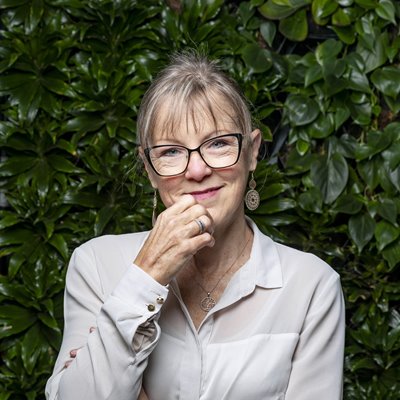.jpg?lang=en-GB&ext=.jpg)









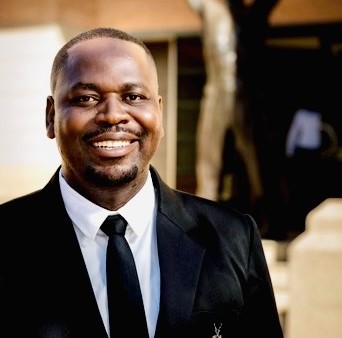.JPG?lang=en-GB&ext=.jpg)



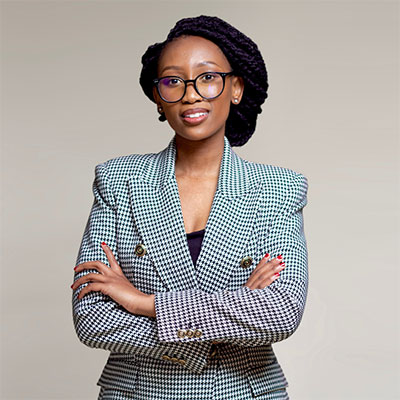

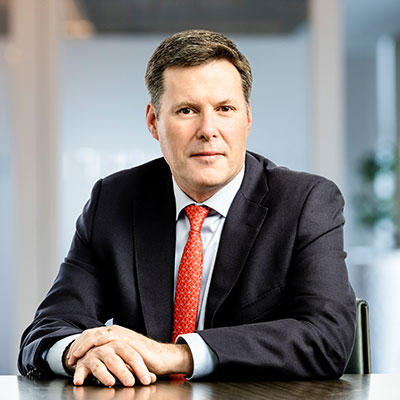



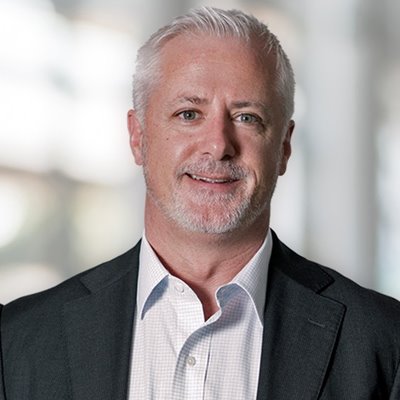


.jpg?ext=.jpg)

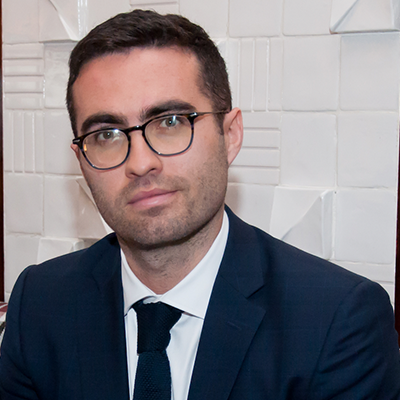
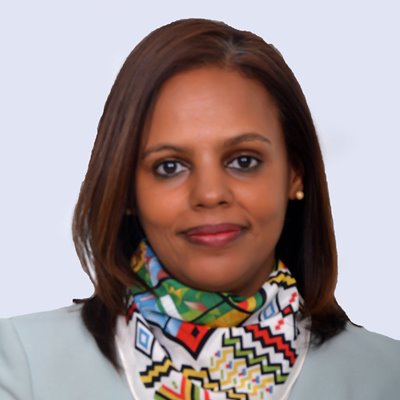



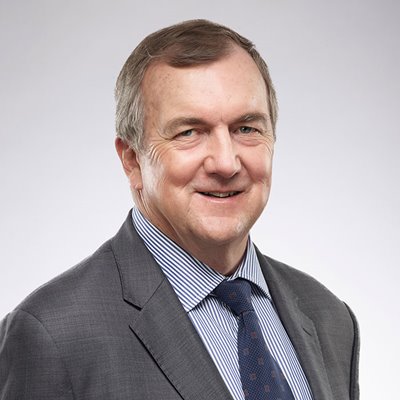
.jpg?lang=en-GB&ext=.jpg)



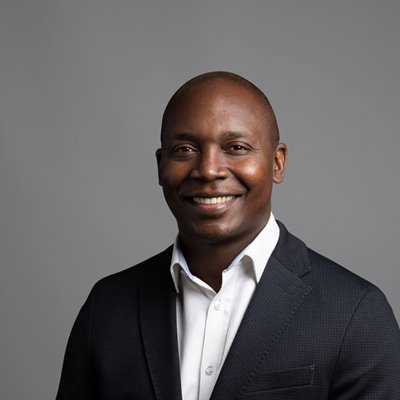


.jpg?lang=en-GB&ext=.jpg)


.jpg?lang=en-GB&ext=.jpg)
-(1).png?ext=.png)









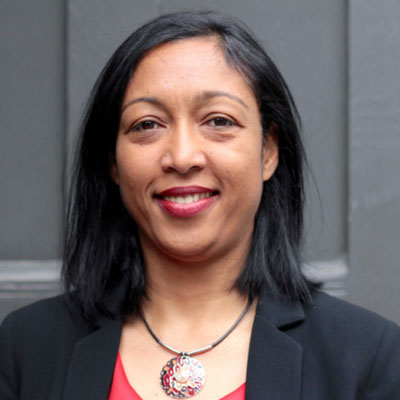
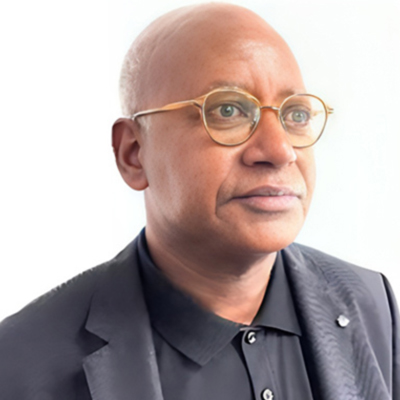


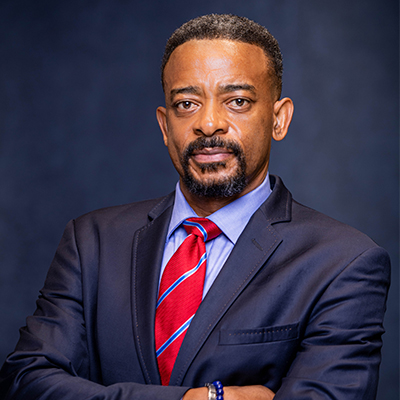

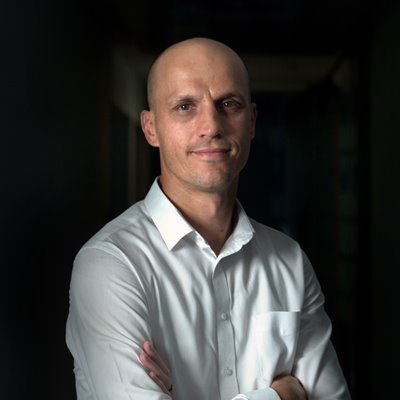



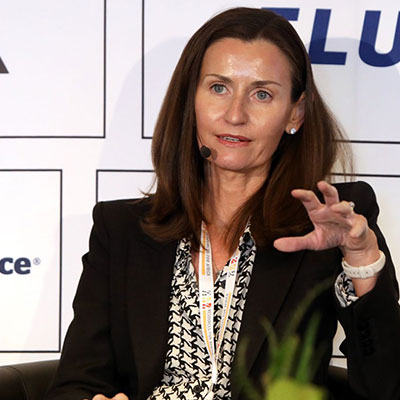



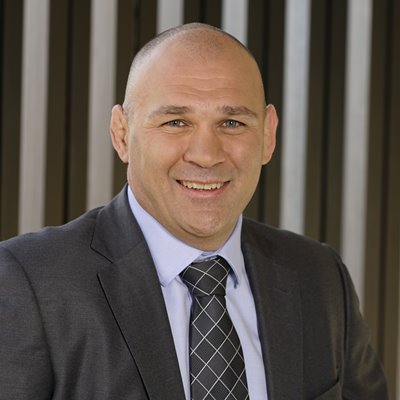


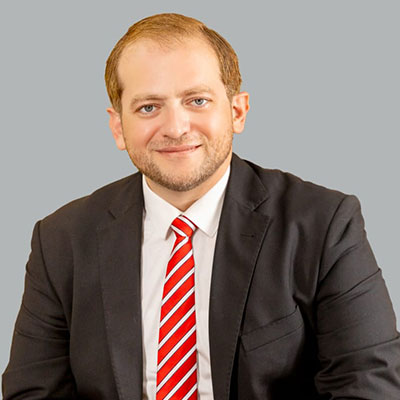
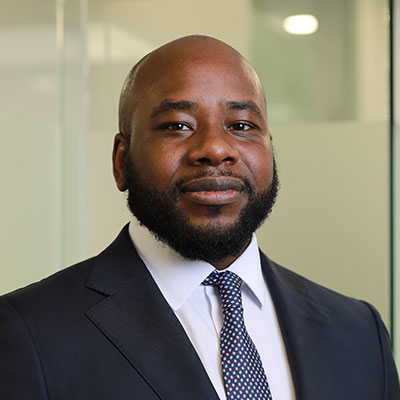
.JPG?lang=en-GB&ext=.jpg)
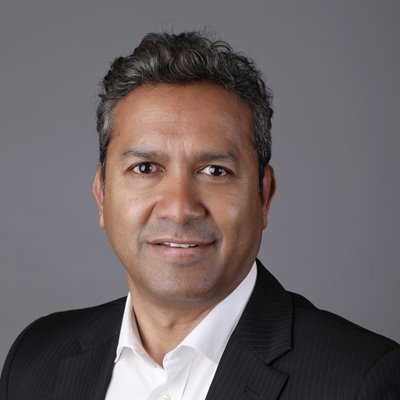


.jpg?lang=en-GB&ext=.jpg)

.jpeg?lang=en-GB&ext=.jpeg)

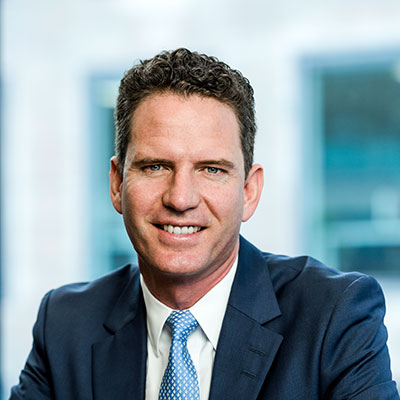






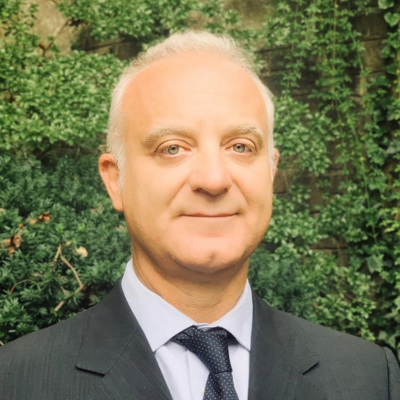
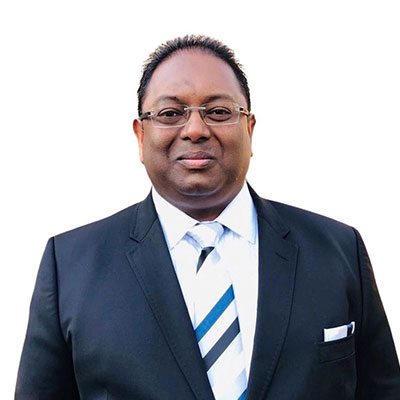




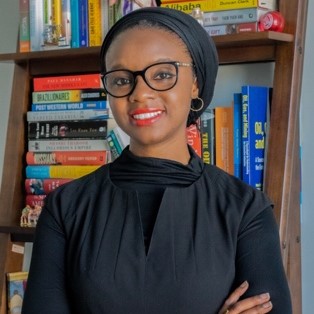

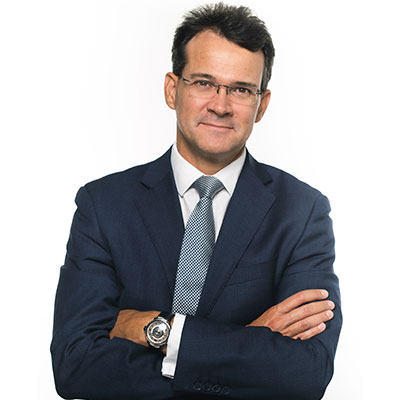
.jpg?lang=en-GB&ext=.jpg)


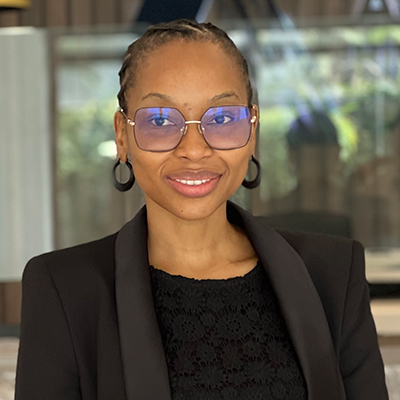
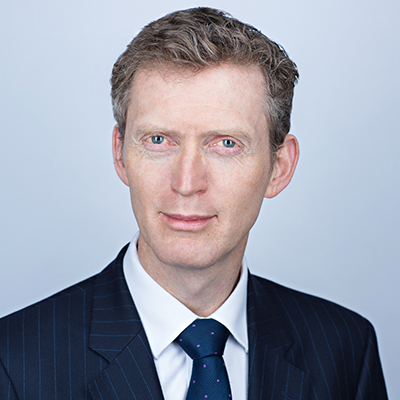

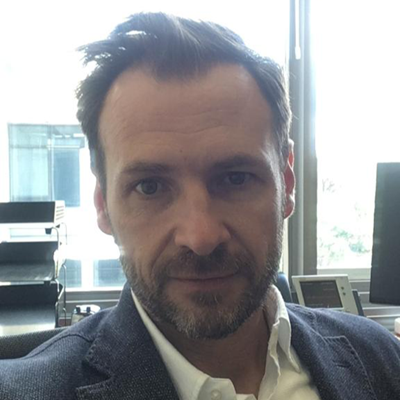

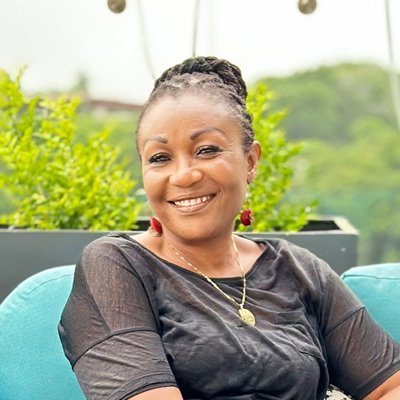
.JPG?lang=en-GB&ext=.jpg)


.jpg?lang=en-GB&ext=.jpg)
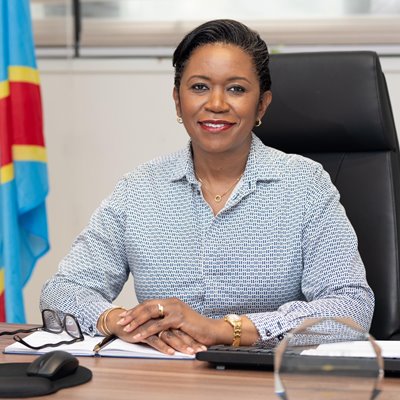.jpg?lang=en-GB&ext=.jpg)
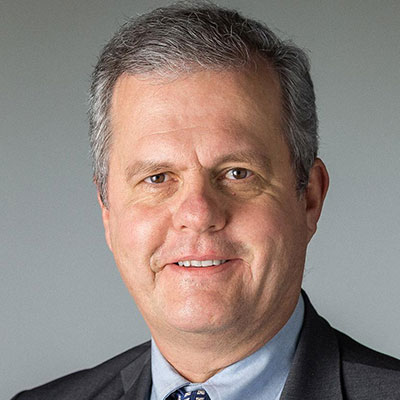
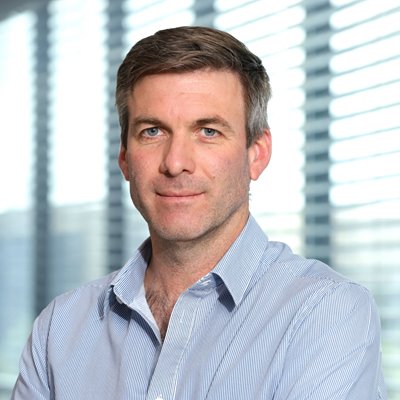









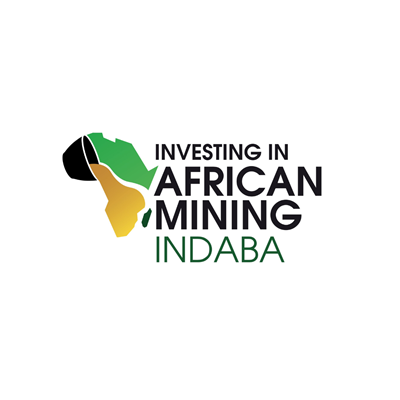
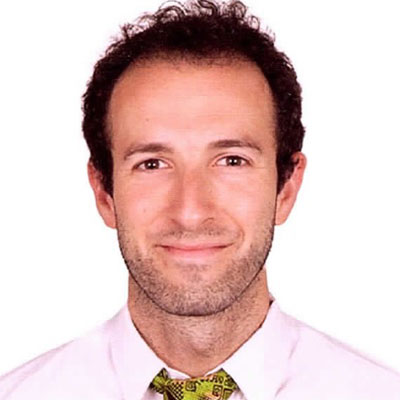



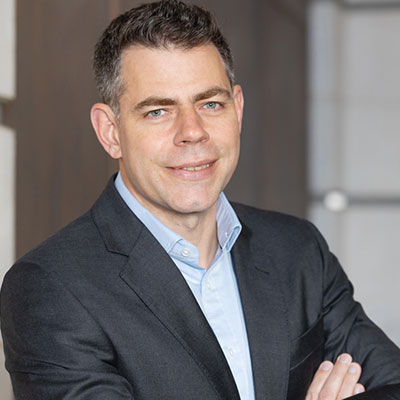
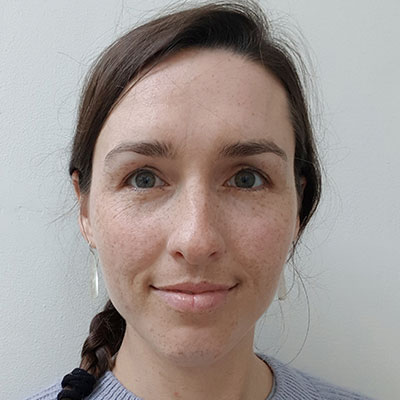


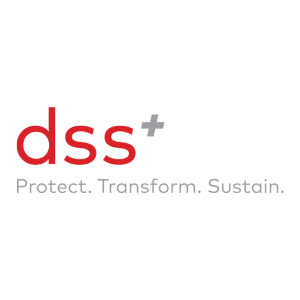






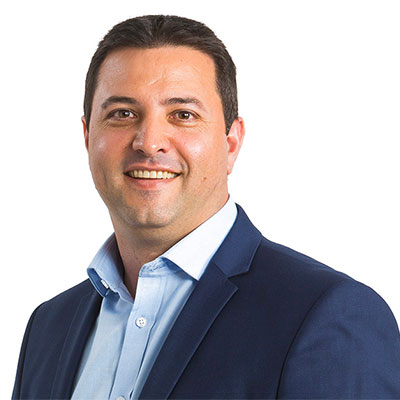
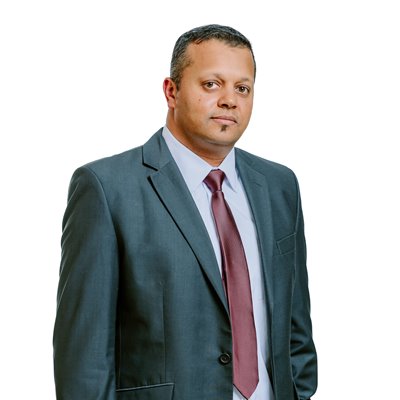.jpg?lang=en-GB&ext=.jpg)





.jpg?lang=en-GB&ext=.jpg)

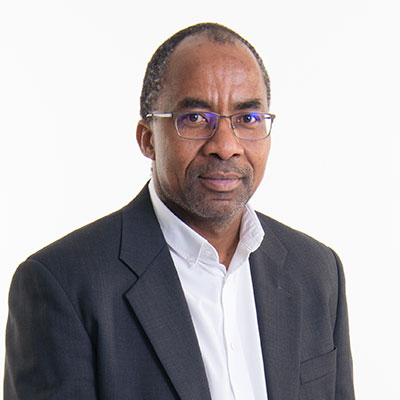


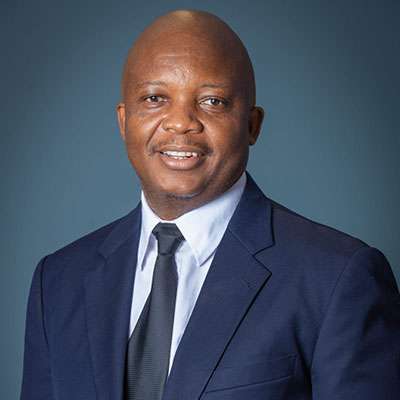



.png?lang=en-GB&ext=.png)

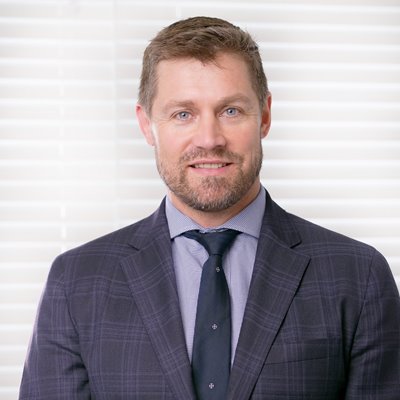
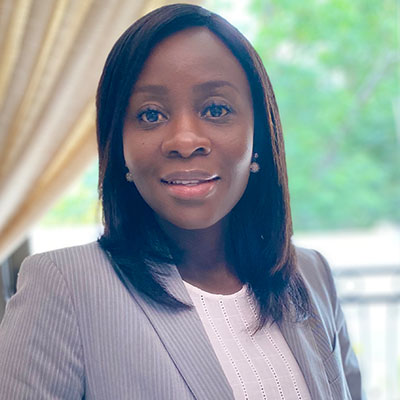





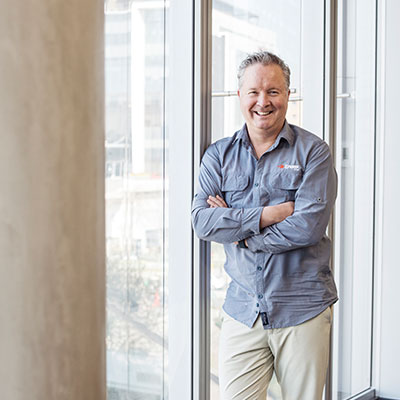
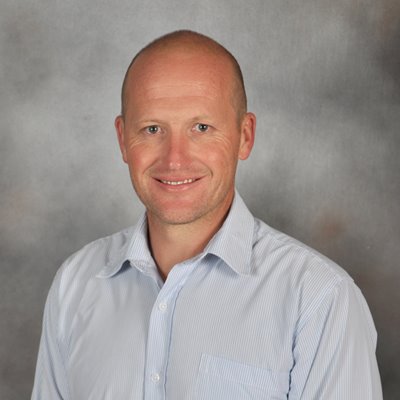
















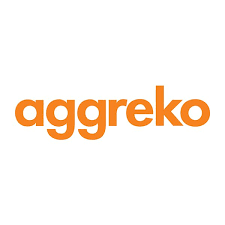




.jpg?lang=en-GB&ext=.jpg)
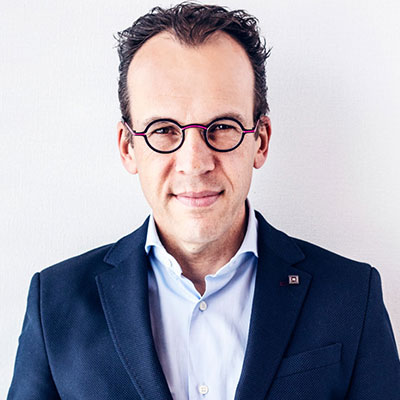

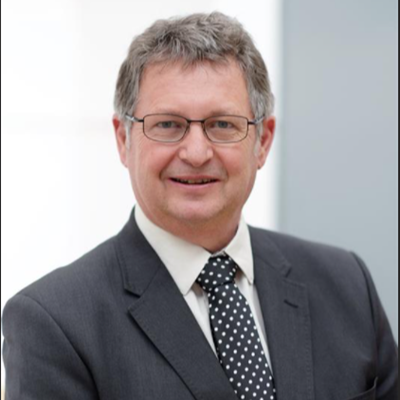

.jpeg?lang=en-GB&ext=.jpeg)






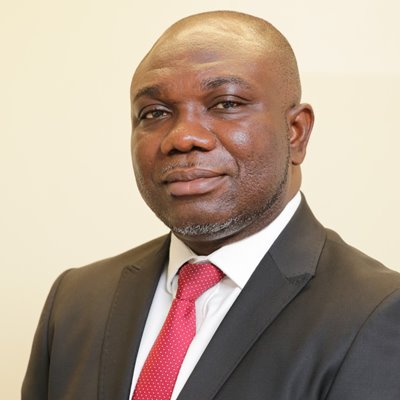






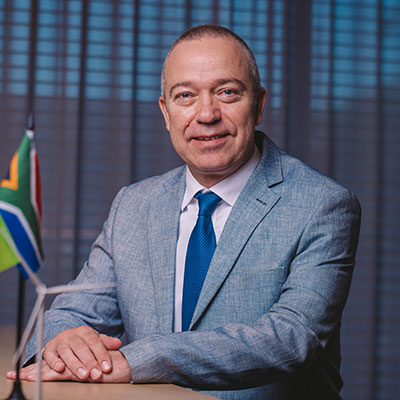


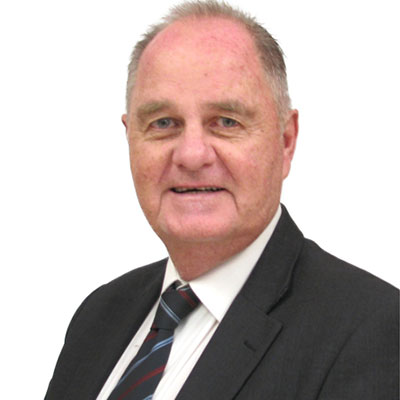
.jpg?lang=en-GB&ext=.jpg)







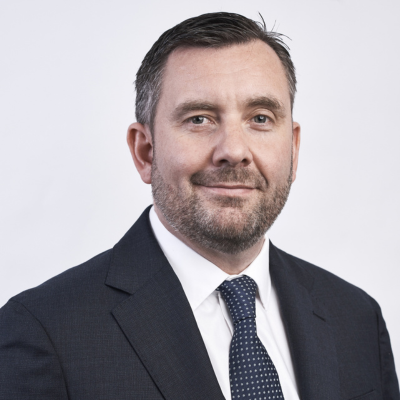
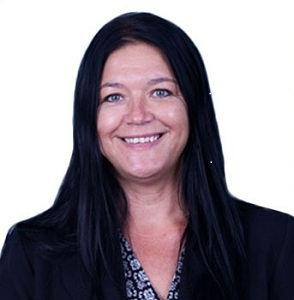




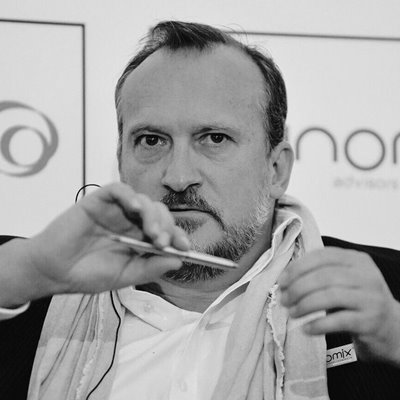


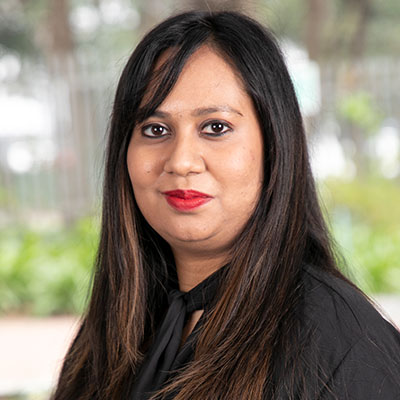
.jpg?lang=en-GB&ext=.jpg)



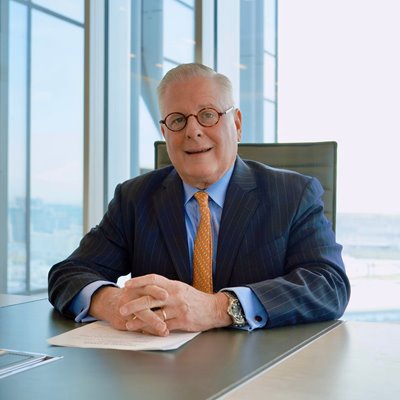

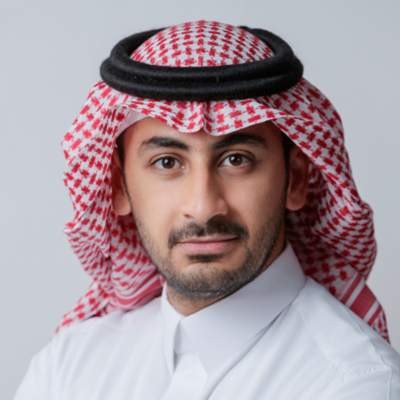







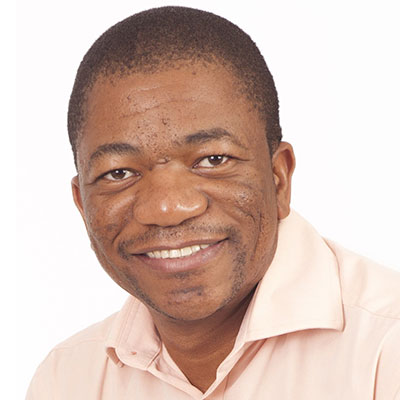





.jpg?lang=en-GB&ext=.jpg)




.jpg?lang=en-GB&ext=.jpg)

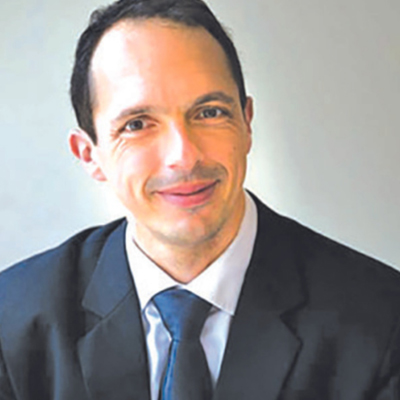

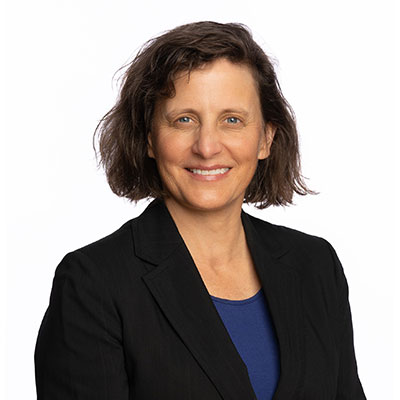
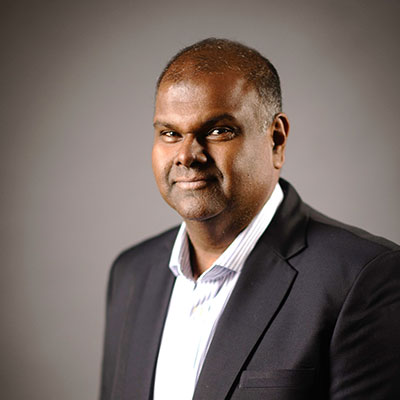
.jpg?lang=en-GB&ext=.jpg)

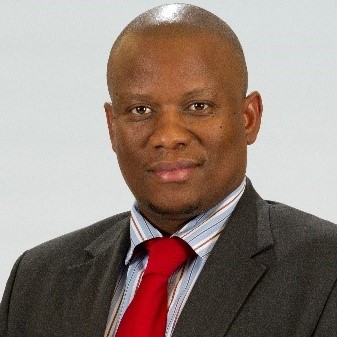

.png?lang=en-GB&ext=.png)

.jpg?lang=en-GB&ext=.jpg)
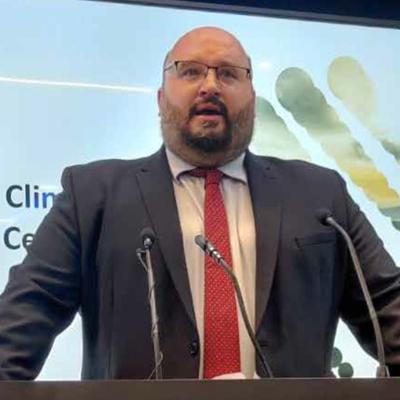












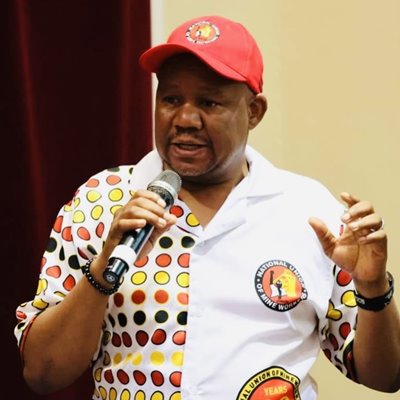


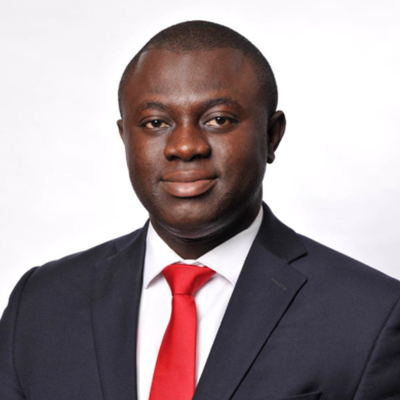
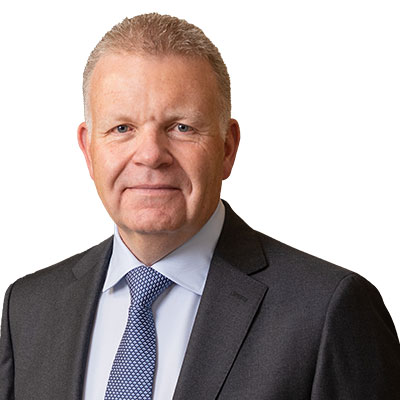


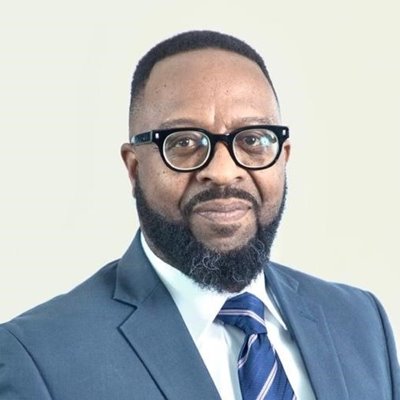.jpg?lang=en-GB&ext=.jpg)
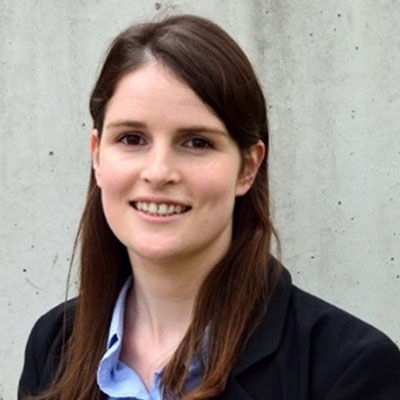









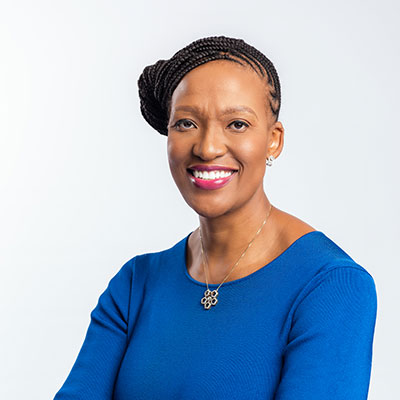
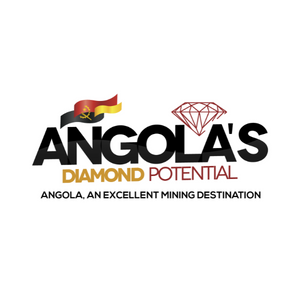
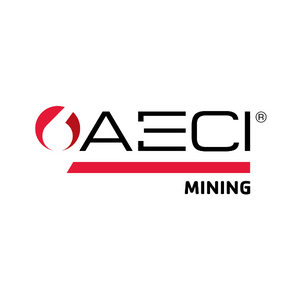
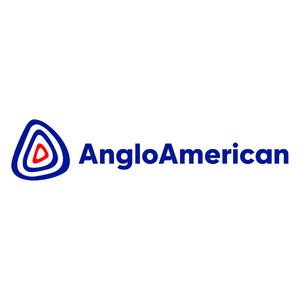
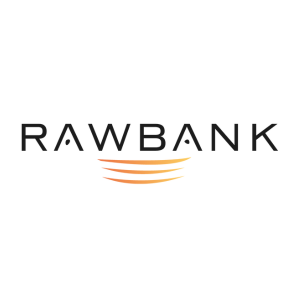
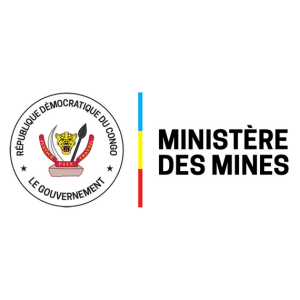
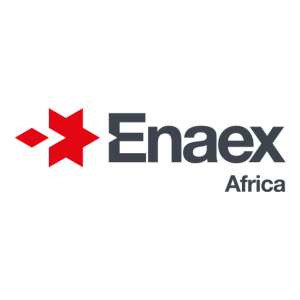
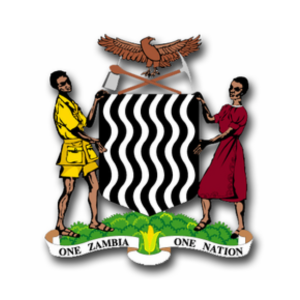
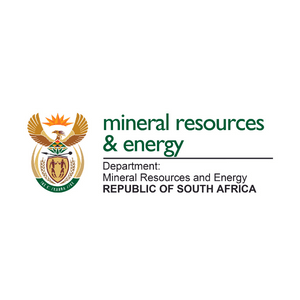
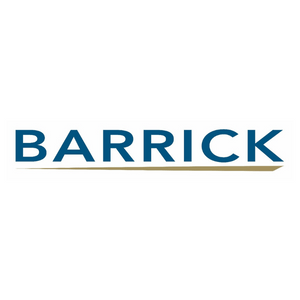


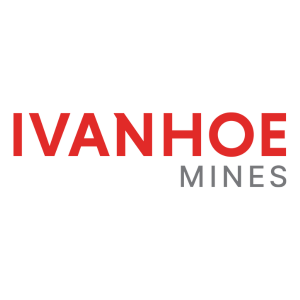
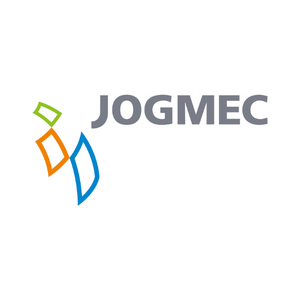

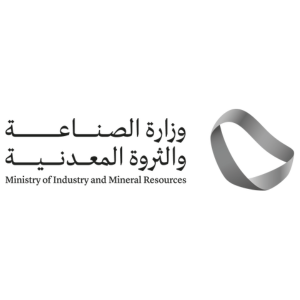
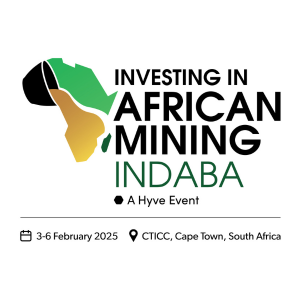
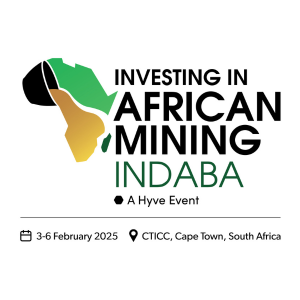
_1.png?ext=.png)
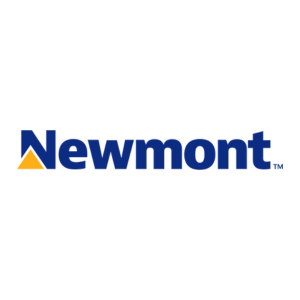
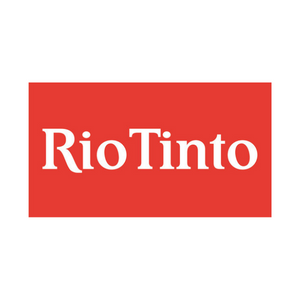
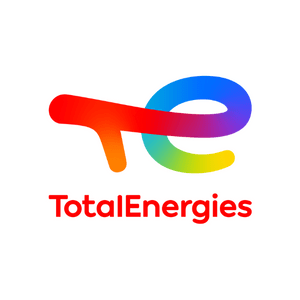
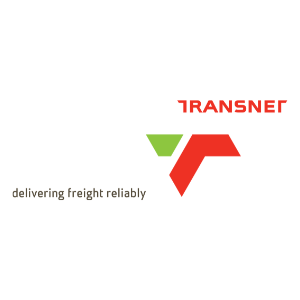
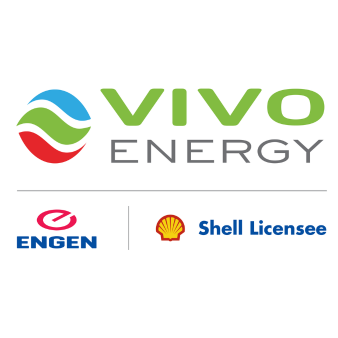
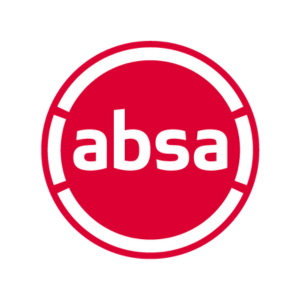
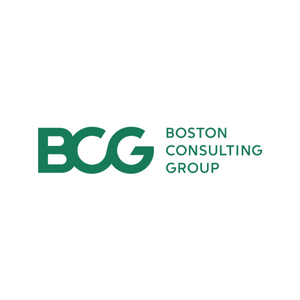
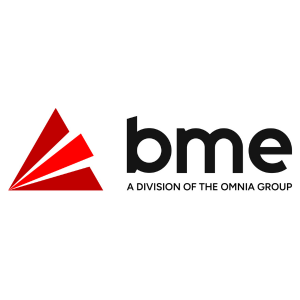
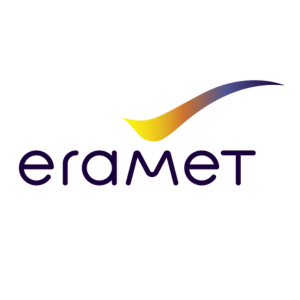
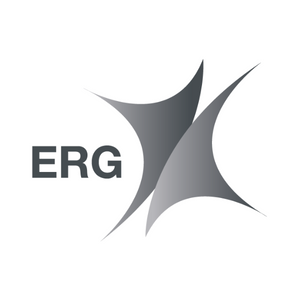
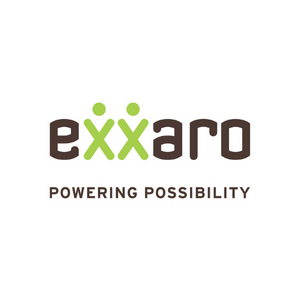
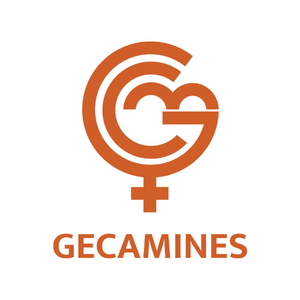
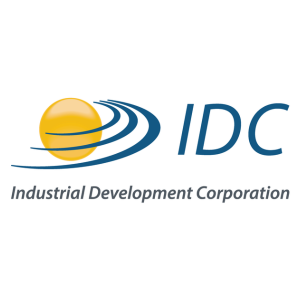
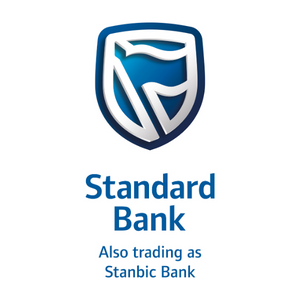

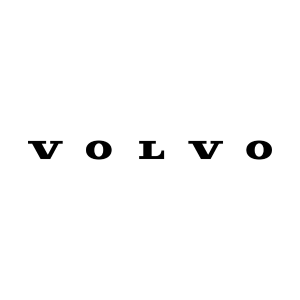
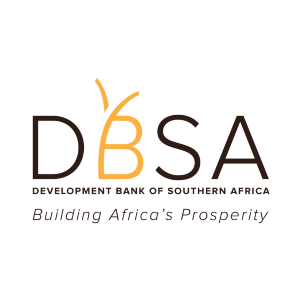
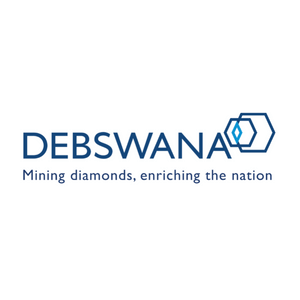
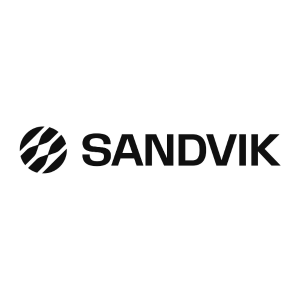
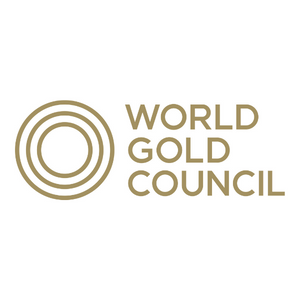
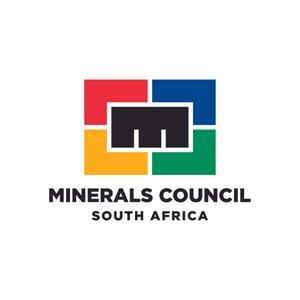
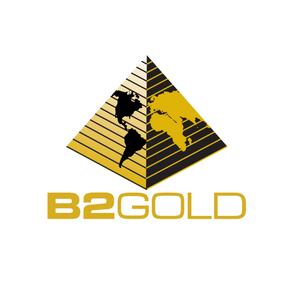







_mi25-weblogo.png?ext=.png)


